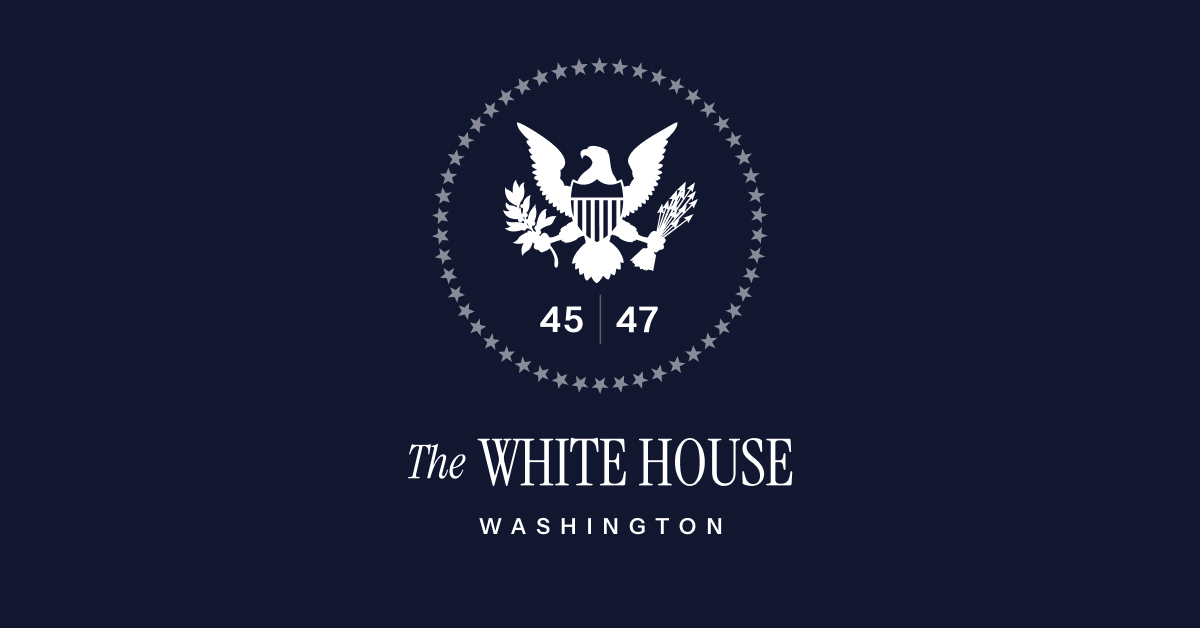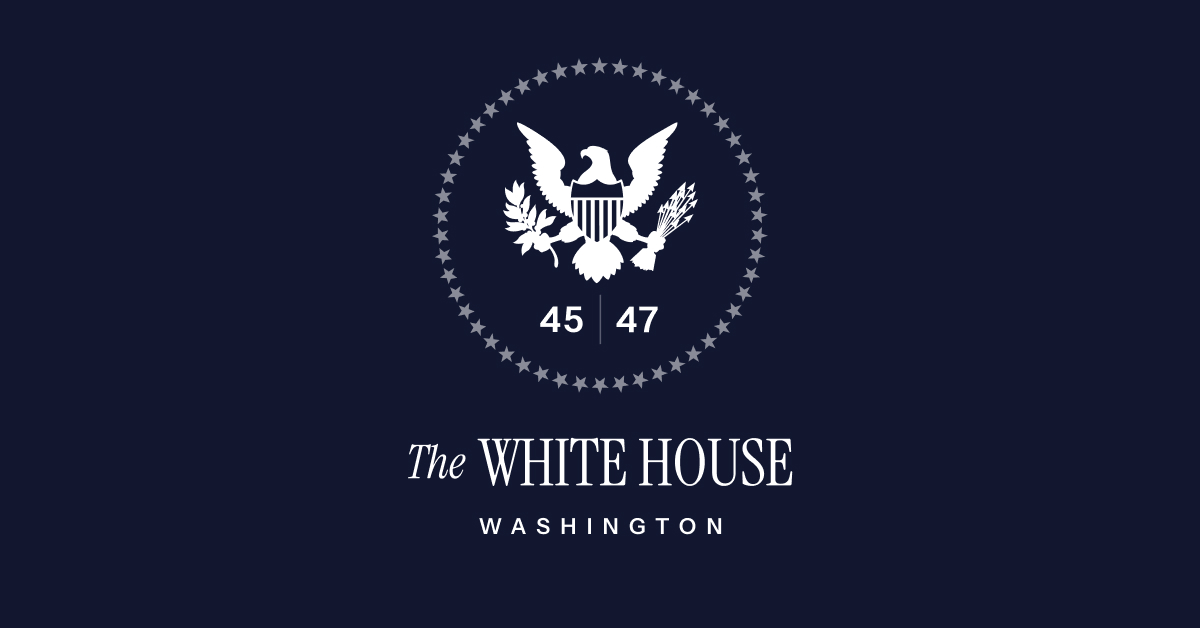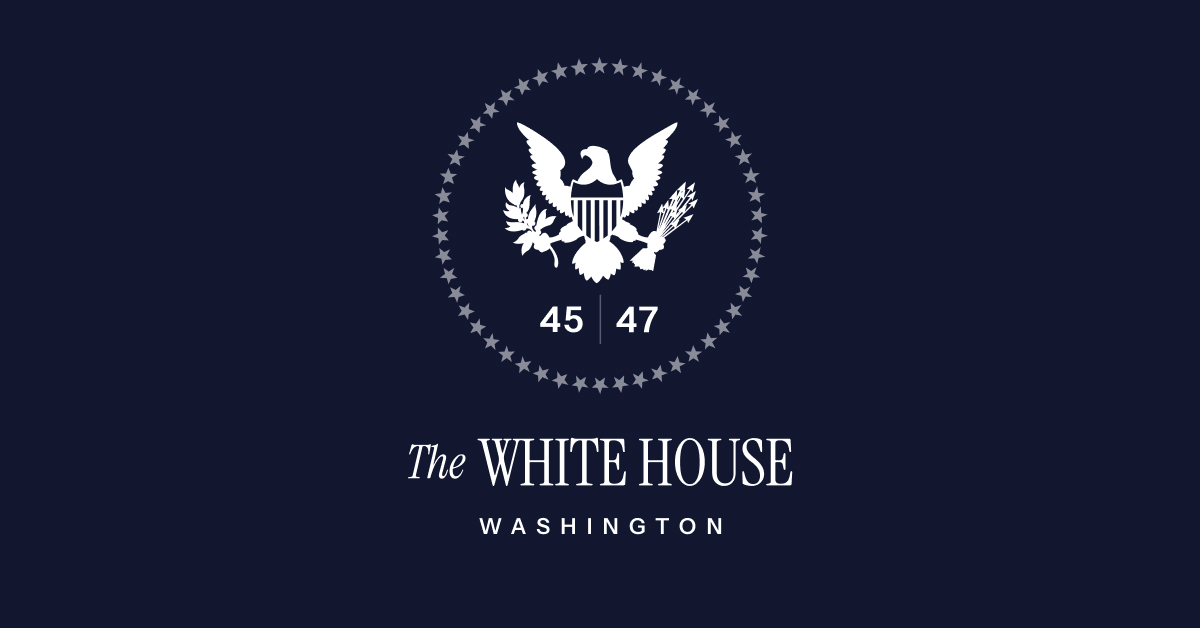## Your Game’s Not Just Code: The White House Throws Down On IP Rights For Gamers
Level up your understanding of the gaming world because things are about to get serious. World Intellectual Property Day 2025 saw the White House host a summit dedicated to a topic that affects every gamer, every developer, and every game ever made: intellectual property.

Forget polygons and pixels for a second, because this is about the very fabric of what makes games tick. We’re talking about copyright, trademarks, patents, and the rights that protect your favorite characters, storylines, and innovative game mechanics.

But this isn’t just a dry legal lecture. This is about the future of gaming. The White House wants to ensure that gamers have a fair and equitable playing field, that developers are rewarded for their creativity, and that the industry continues to thrive.

Esports as a Tool of National Influence
The burgeoning esports scene is rapidly transforming from a niche hobby into a global phenomenon with significant cultural and economic impact. This shift has not gone unnoticed by national governments, who are increasingly recognizing the potential of esports to serve as a tool of national influence. From promoting national soft power to fostering economic growth, esports presents a unique platform for countries to engage with a young, tech-savvy global audience.

The Growing Influence of Esports
The popularity of esports has skyrocketed in recent years, with millions of fans tuning in to watch professional gamers compete in tournaments around the world. According to Newzoo, the global esports market is projected to reach \$1.8 billion in revenue in 2023, driven by factors such as increased viewership, lucrative sponsorships, and the rise of mobile gaming.
This explosive growth has attracted the attention of national governments, who are increasingly viewing esports as a valuable asset in their foreign policy and economic development strategies.

Esports and National Soft Power
Soft power, the ability to influence others through cultural appeal and values, has become increasingly important in the 21st century. Esports, with its global reach and passionate fanbase, provides a powerful platform for countries to showcase their culture and values to a young, international audience. Countries like South Korea and China have already made significant investments in esports, fostering a competitive gaming scene that has earned international recognition and admiration.
By supporting local esports teams and hosting international tournaments, these countries are effectively promoting their national image and building goodwill abroad. This can lead to increased tourism, investment, and cultural exchange, all of which contribute to a country’s overall soft power.

Esports and Economic Development
Beyond its cultural impact, esports also presents significant economic opportunities. The growth of the esports industry has created new jobs in game development, streaming, marketing, and event management. Countries that embrace esports can benefit from this economic growth by attracting investment, fostering innovation, and developing a skilled workforce.
Governments are increasingly recognizing the potential of esports to drive economic development, and are implementing policies to support the growth of the industry. This includes providing tax incentives for esports companies, investing in esports infrastructure, and promoting esports education and training programs.
Ethical Considerations
While the potential benefits of using esports for national influence are clear, there are also ethical considerations that must be carefully addressed. One key concern is the potential for esports to be used as a tool of propaganda or to promote harmful ideologies. It is essential that governments use esports responsibly and ethically, ensuring that it is not used to manipulate or exploit audiences.
Balancing National Interest and Global Cooperation
As esports becomes increasingly globalized, it is essential that countries work together to establish ethical guidelines and promote fair competition. The international community must find ways to balance national interests with the need for global cooperation in the esports arena.
The Gaming Industry in a Shifting World Order
The global trade landscape is in constant flux, and the gaming industry is no exception. Geopolitical shifts, economic uncertainty, and technological advancements all have the potential to impact the way games are developed, distributed, and consumed. Gamestanza will continue to monitor these developments and provide insights into how they are shaping the future of gaming.
Impact of Global Trade Shifts on the Gaming Industry
Changes in trade policies, tariffs, and regulations can have a significant impact on the gaming industry. For example, the recent trade tensions between the United States and China have created uncertainty for game developers who rely on global supply chains. Tariffs on imported goods can increase the cost of production, while restrictions on data flow can hinder the development and distribution of online games.
Adapting to a Changing Geopolitical Landscape
Game developers need to be agile and adaptable in order to navigate the challenges of a changing geopolitical landscape. This includes diversifying their supply chains, exploring new markets, and staying informed about global trade policies. It also means being mindful of cultural sensitivities and local regulations in different markets.
Collaboration and International Cooperation
In a globalized world, collaboration and international cooperation are essential for the continued growth and success of the gaming industry. This includes sharing best practices, fostering innovation, and working together to address common challenges, such as piracy and cyber security.
The Future of Gaming: Navigating Uncertainty
The gaming industry is constantly evolving, driven by technological advancements, changing consumer preferences, and global events. Gamestanza will continue to provide insights into the latest trends and developments shaping the future of gaming.
Impact of Artificial Intelligence on Game Development
Artificial intelligence (AI) is rapidly transforming the gaming industry, with applications ranging from game design and development to in-game AI and player experiences. AI-powered tools can automate repetitive tasks, generate procedural content, and create more realistic and engaging game characters. As AI technology continues to advance, we can expect to see even more innovative applications in gaming.
The Metaverse and the Future of Gaming
The metaverse, a persistent, shared virtual world, is seen by many as the next evolution of the internet. This immersive, interactive environment has the potential to transform the way we play games, socialize, and even work. Gamestanza will continue to explore the implications of the metaverse for gaming and the wider digital landscape.
Addressing Ethical Challenges in Gaming
As gaming becomes more immersive and interactive, it is important to address the ethical challenges that arise. This includes issues such as data privacy, addiction, and the potential for harm to vulnerable individuals. Gamestanza will continue to examine these issues and promote responsible development and consumption of gaming.
Conclusion
## The Future is Forged in Innovation
World Intellectual Property Day 2025 at the White House underlined a crucial truth: our digital world thrives on the fruits of creativity. From the vibrant worlds of video games to the cutting-edge technology underpinning them, every innovation, every spark of ingenuity, relies on the protection of intellectual property. The discussions highlighted the delicate balance between fostering a vibrant creative ecosystem and ensuring fairness for creators. We saw calls for stronger enforcement against piracy, a push for accessible IP protections for emerging creators, and a renewed emphasis on the role of education in shaping a future where innovation flourishes responsibly.
The implications are far-reaching. A robust IP framework empowers game developers to dream bigger, to invest in complex narratives and innovative gameplay, knowing their hard work is valued and protected. It encourages collaboration, fuels economic growth, and fosters a global community of creators. But neglecting this foundation risks stifling creativity, hindering technological advancement, and ultimately, diminishing the very experiences that make gaming such a compelling force in our lives. As we move forward, let’s embrace the spirit of World Intellectual Property Day 2025 – let’s champion a future where innovation is celebrated, protected, and ultimately, empowers us all.
Let’s build a world where every pixel, every line of code, and every imaginative concept is a testament to the power of creative ingenuity.